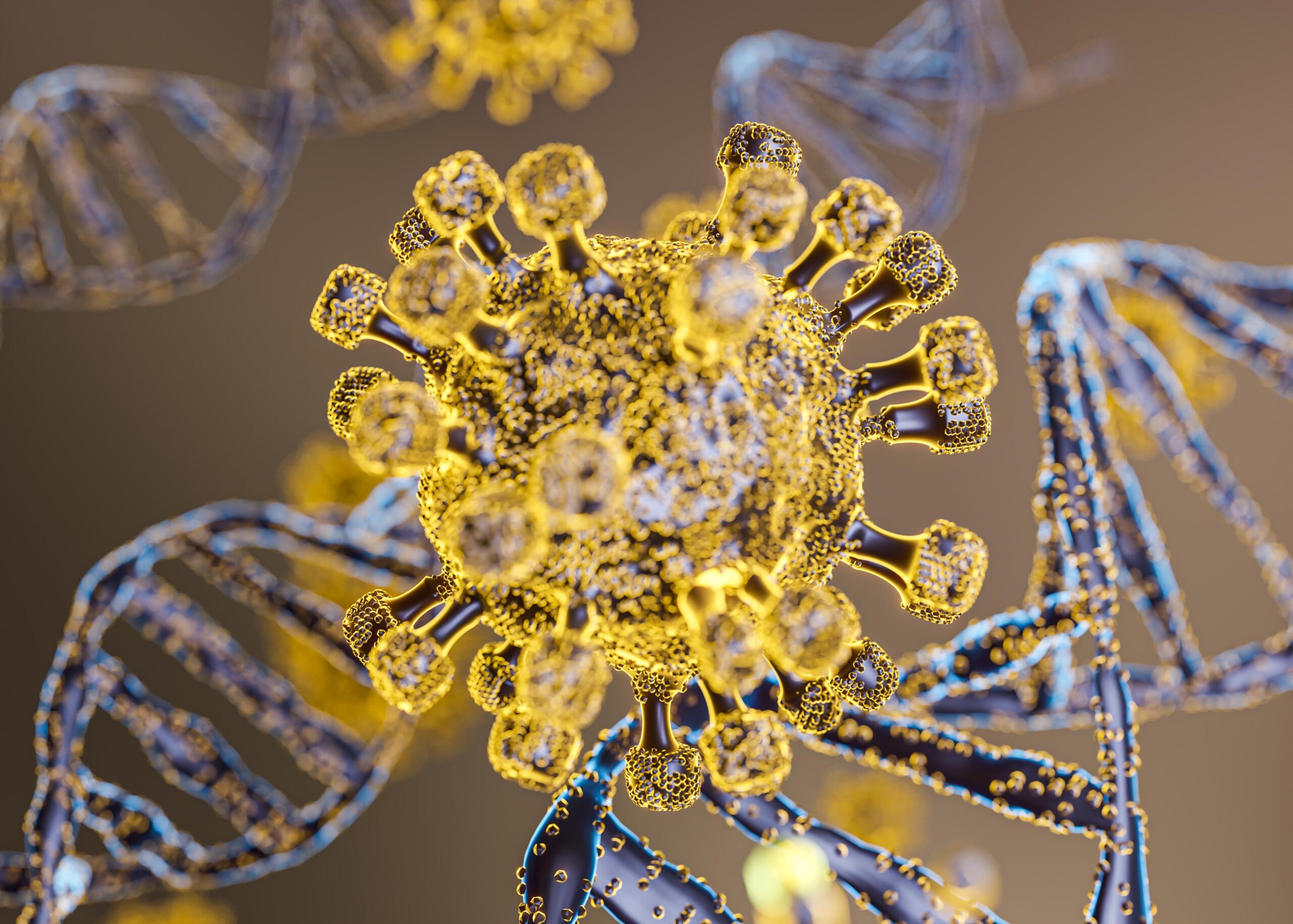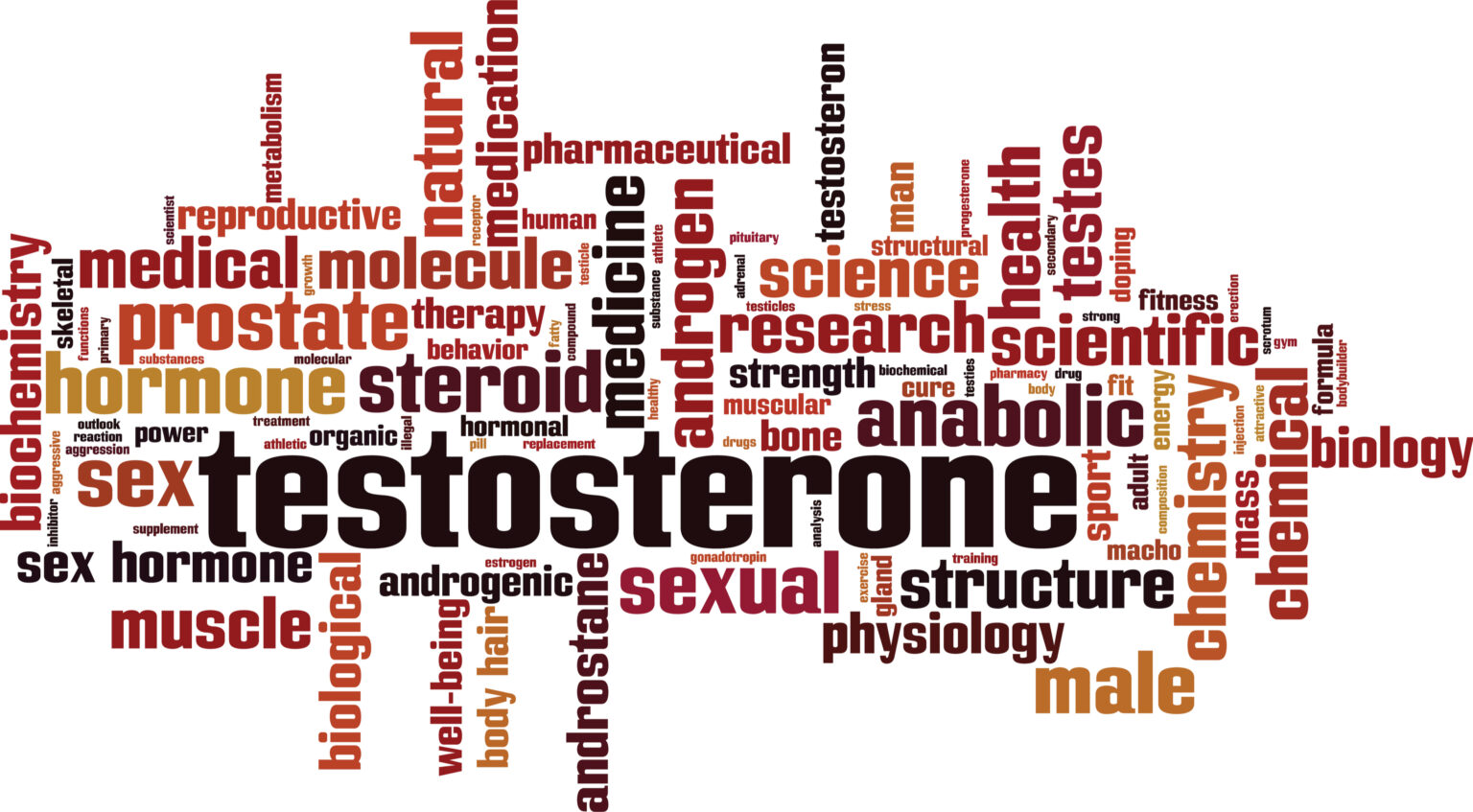Cardiovascular health is a critical aspect of overall well-being, particularly . Keeping the heart and circulatory system in optimal condition is essential for long-term wellness, as poor cardiovascular health can lead to a range of health complications over time. To maintain a healthy heart and support cardiovascular wellness, a comprehensive understanding of the various factors that contribute to cardiovascular health is crucial. One lesser-known element that significantly influences heart health is testosterone, the primary male hormone.
Testosterone plays a vital role in multiple aspects of cardiovascular health, including blood circulation, blood vessel health, fat metabolism, and overall energetic capacity. As men age and experience natural declines in testosterone production, cardiovascular health may be negatively impacted, resulting in increased risks of heart-related complications. Thankfully, testosterone replacement therapy (TRT) offers men an effective solution to restore hormonal balance and support overall cardiovascular well-being.
How Testosterone Affects Cardiovascular Health
Testosterone impacts cardiovascular health in several significant ways, including:
- Blood Circulation: Testosterone helps regulate blood circulation by influencing nitric oxide production, which promotes the dilation of blood vessels and ensures healthy blood flow.
- Blood Vessel Integrity: This hormone supports the strength and function of blood vessel walls, contributing to overall cardiovascular health.
- Fat Metabolism: Testosterone plays a role in how the body metabolizes and stores fat. Healthy testosterone levels can aid in maintaining optimal body weight and fat distribution, reducing the risk of obesity-related cardiovascular issues.
- Energy Levels: Testosterone contributes to overall energy and physical capacity, both crucial for maintaining heart health and cardiovascular performance.
Age-Related Declines in Testosterone and Cardiovascular Risks
As men age, particularly those between 35 and 54, a natural decline in testosterone levels can lead to several cardiovascular risks, including:
- Reduced Blood Flow: Lower testosterone can decrease nitric oxide production, leading to less efficient blood vessel dilation and compromised blood flow.
- Weakened Blood Vessel Walls: Decreased testosterone may affect the health of blood vessel walls, increasing the risk of damage and conditions such as atherosclerosis.
- Increased Body Fat: Lower testosterone levels can disrupt fat metabolism, leading to higher body fat and increased risk of obesity-related cardiovascular problems.
- Decreased Energy: Reduced testosterone can lead to lower energy and physical capacity, negatively impacting cardiovascular performance and overall heart health.
Benefits of Testosterone Replacement Therapy for Heart Health
Testosterone replacement therapy (TRT) can offer several benefits for those experiencing age-related declines in testosterone, such as:
- Enhanced Blood Circulation: TRT can help restore testosterone levels, improve nitric oxide production, and promote healthy blood vessel dilation and circulation.
- Improved Blood Vessel Health: Testosterone therapy can support the strength and functionality of blood vessel walls, contributing to overall cardiovascular health.
- Better Fat Metabolism: By boosting testosterone levels, TRT can help regulate fat metabolism, maintain healthy weight and fat distribution, and reduce obesity-related cardiovascular risks.
- Increased Physical Energy: TRT can enhance overall physical energy and capacity, crucial for cardiovascular health and performance.
Maximizing the Benefits of Testosterone Therapy
To fully capitalize on the benefits of TRT, consider integrating these complementary lifestyle practices:
- Regular Exercise: Engage in both cardiovascular and resistance training exercises to promote heart health, improve circulation, and maintain optimal blood pressure.
- Balanced Diet: Follow a heart-healthy diet rich in whole foods, lean proteins, healthy fats, and fiber to support weight management, reduce inflammation, and prevent arterial plaque buildup.
- Stress Management: Incorporate stress-reducing techniques like mindfulness, deep breathing exercises, or relaxing activities to lower blood pressure and enhance overall heart health.
- Routine Health Check-Ups: Regular medical evaluations and monitoring of blood pressure, cholesterol, and glucose levels can help detect cardiovascular issues early and promote long-term heart health.
Understanding the essential role of testosterone in cardiovascular health is key to enhancing overall wellness. Testosterone replacement therapy offers a promising approach to addressing age-related declines in testosterone levels, supporting optimal heart health and cardiovascular performance.
If you’re interested in exploring how testosterone therapy might benefit your cardiovascular health, consult with experienced professionals to get personalized advice and care. Take control of your cardiovascular health today and discover how testosterone replacement therapy can help you achieve a healthier, more fulfilling life.



